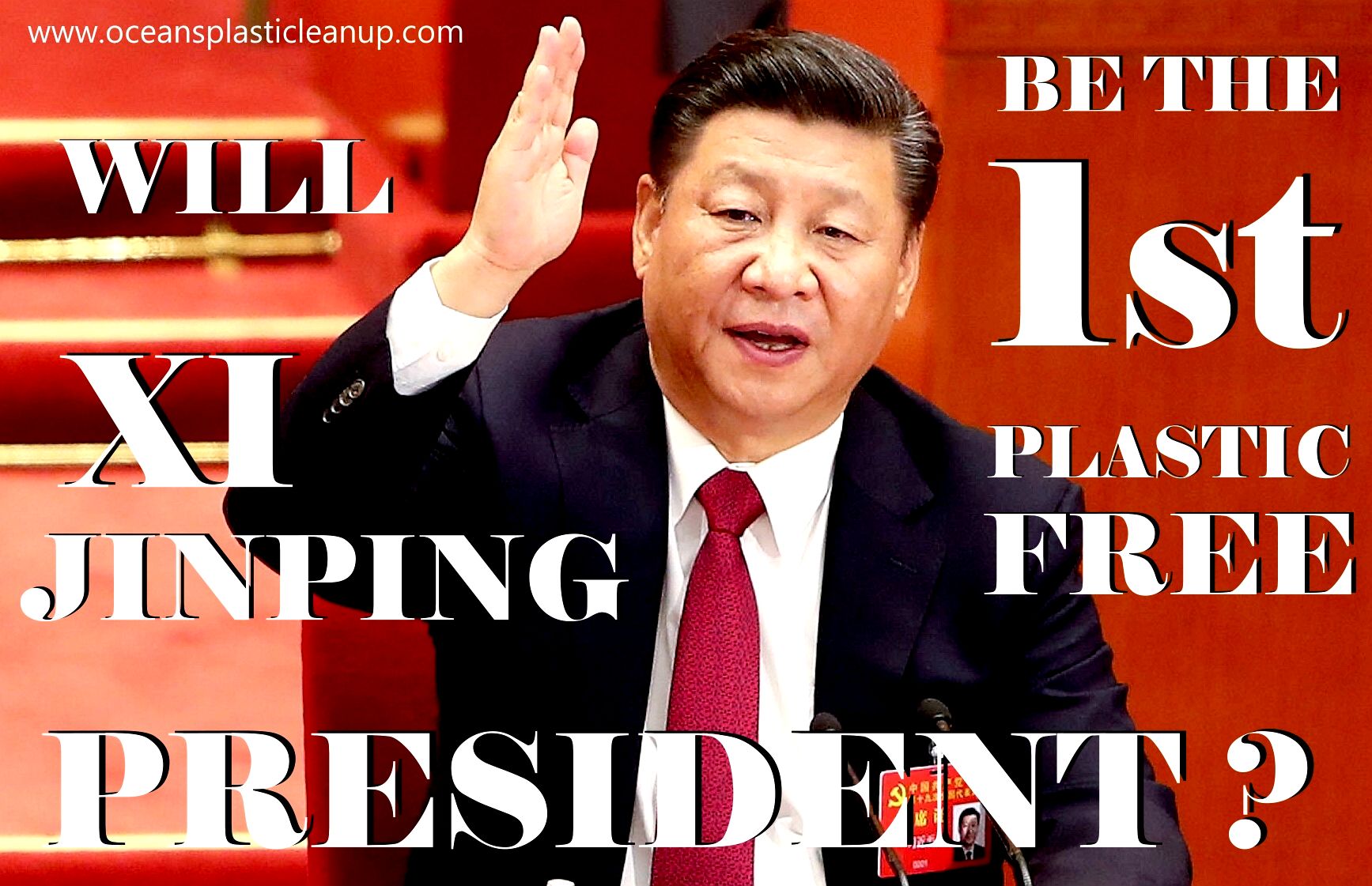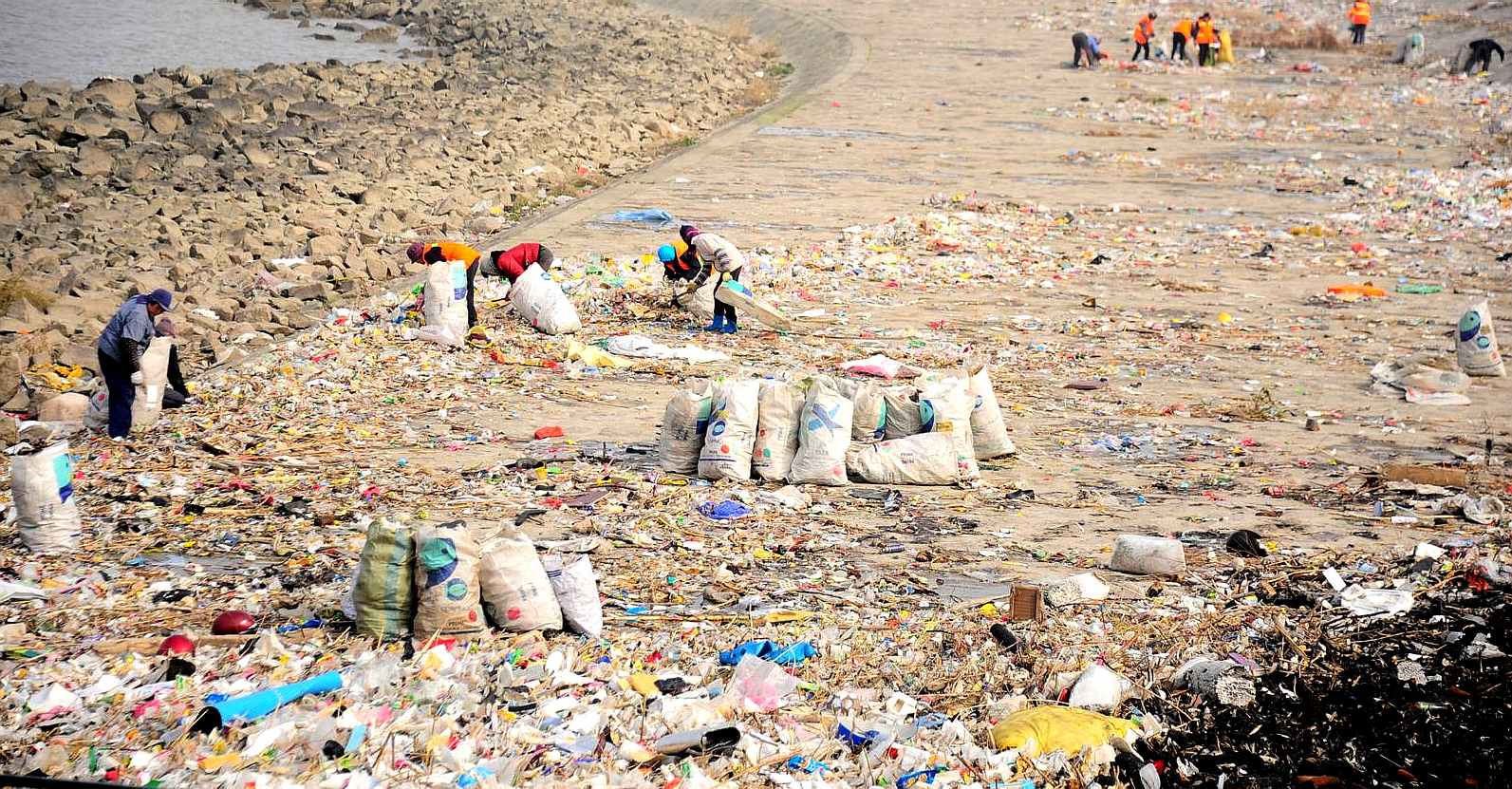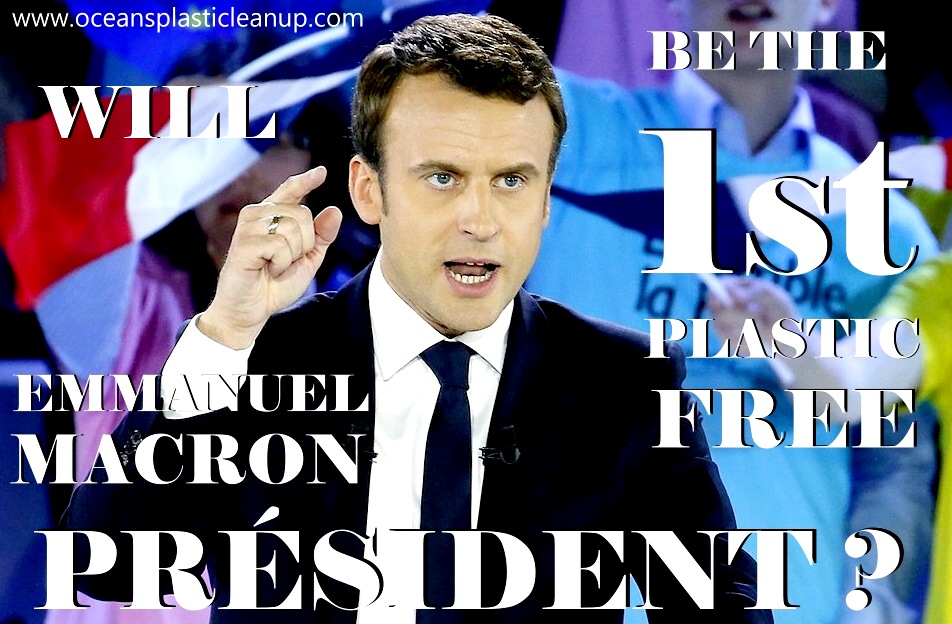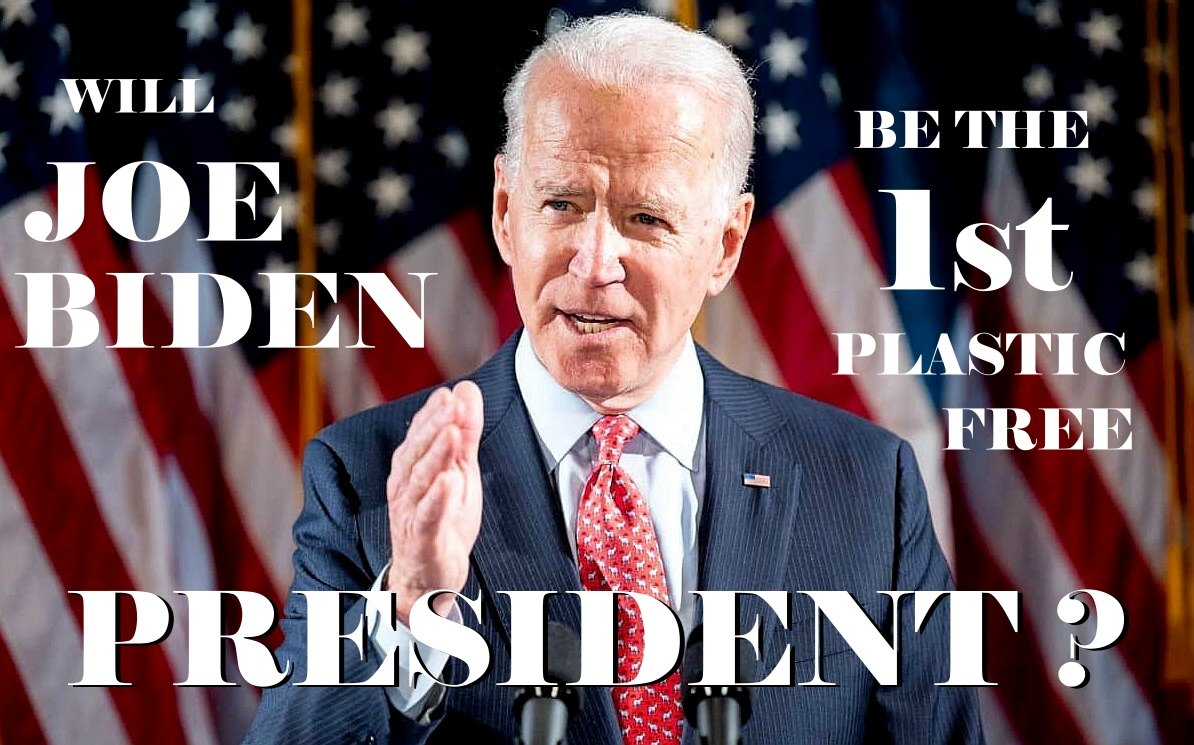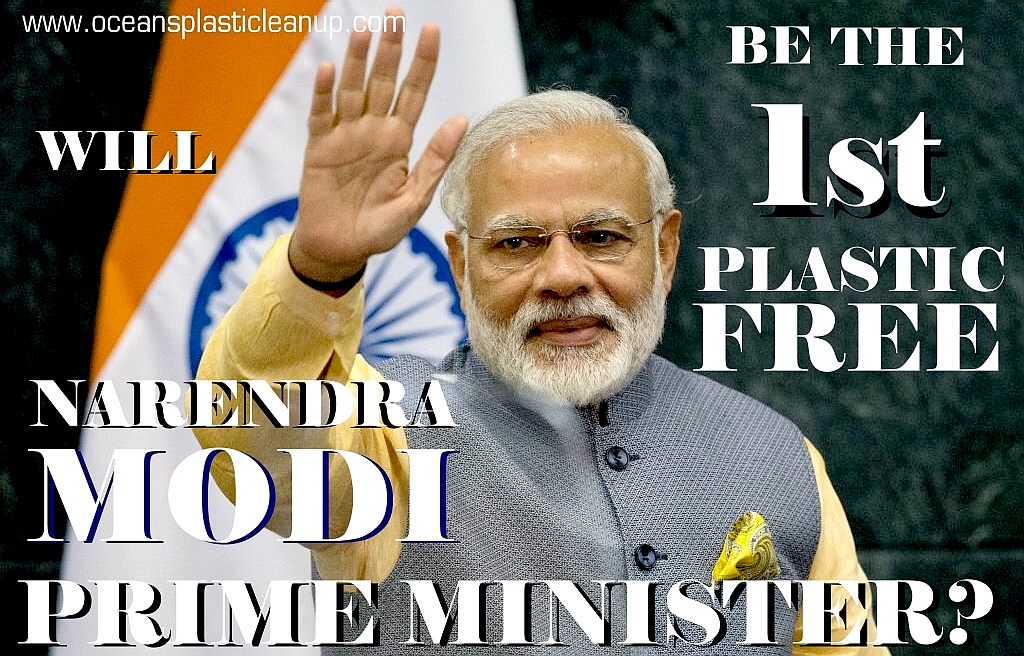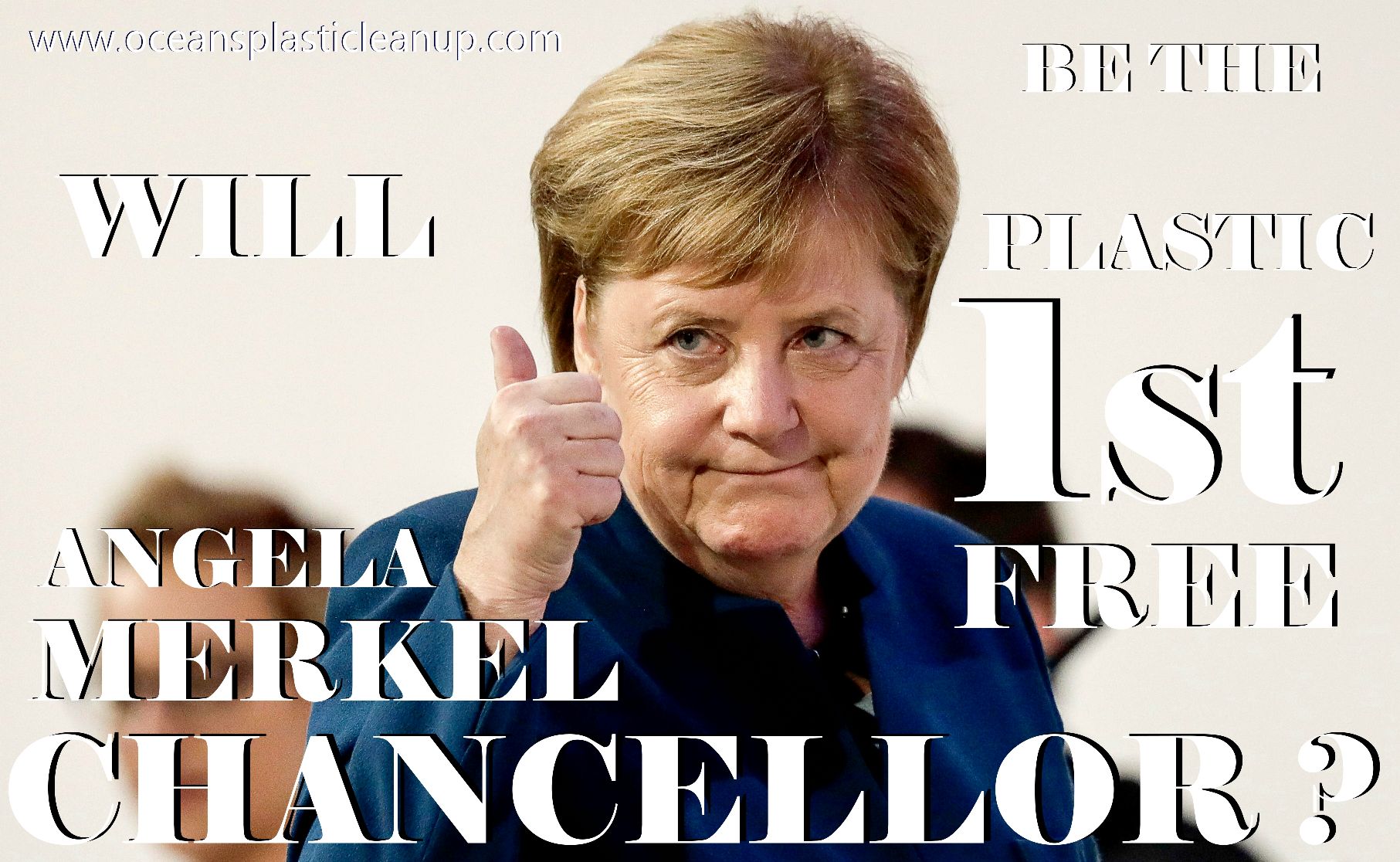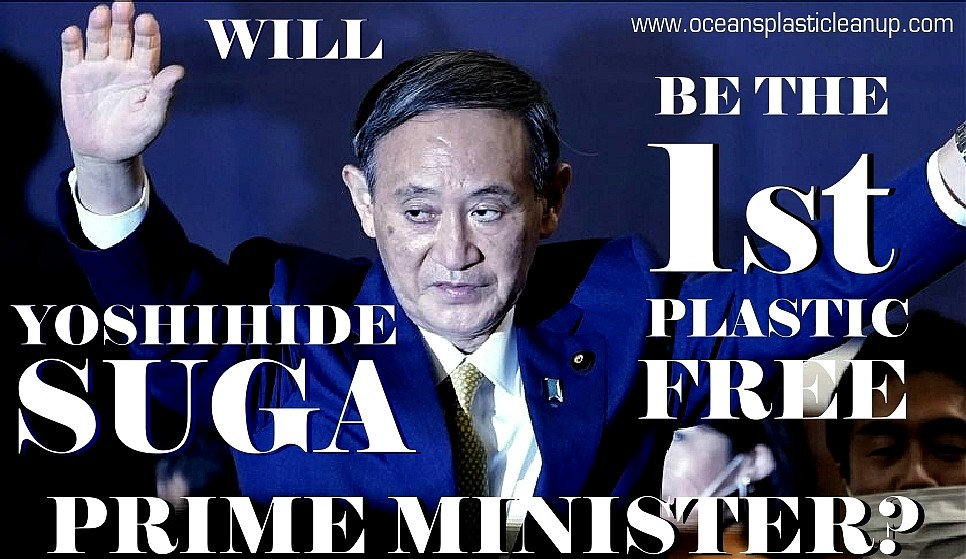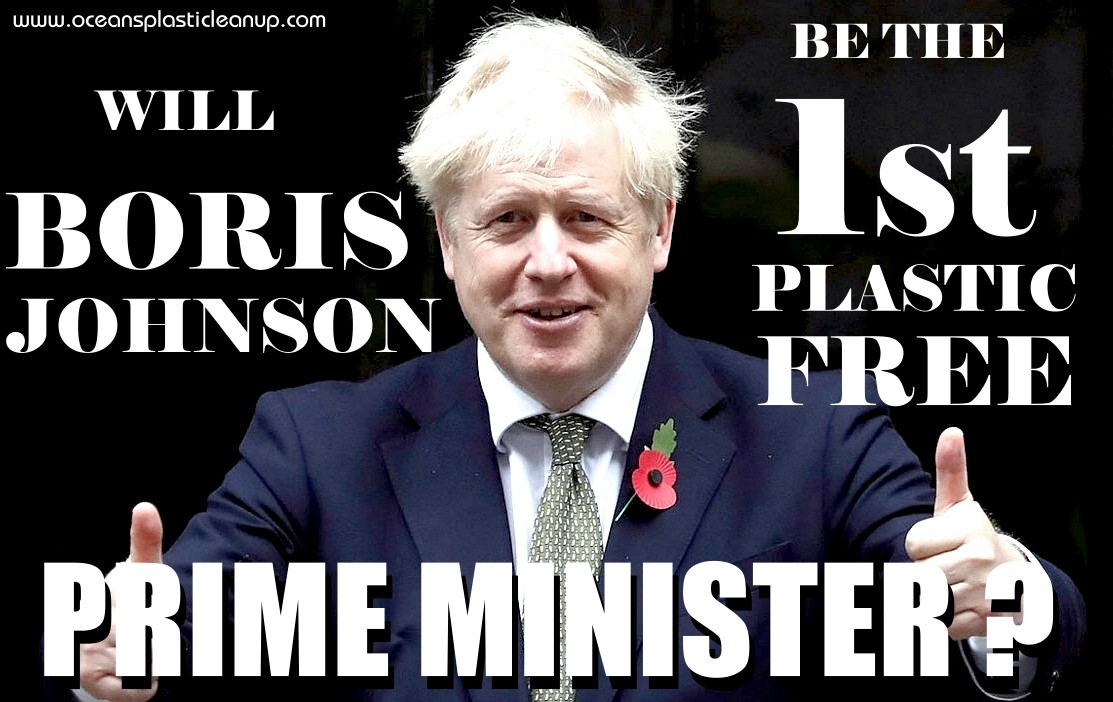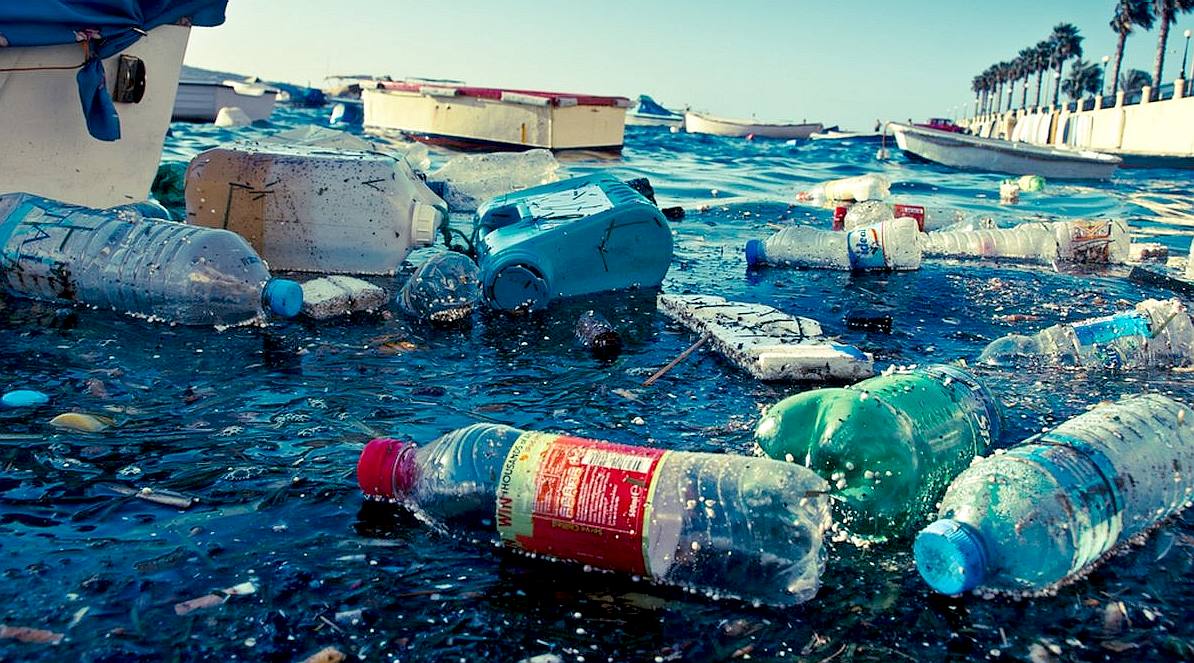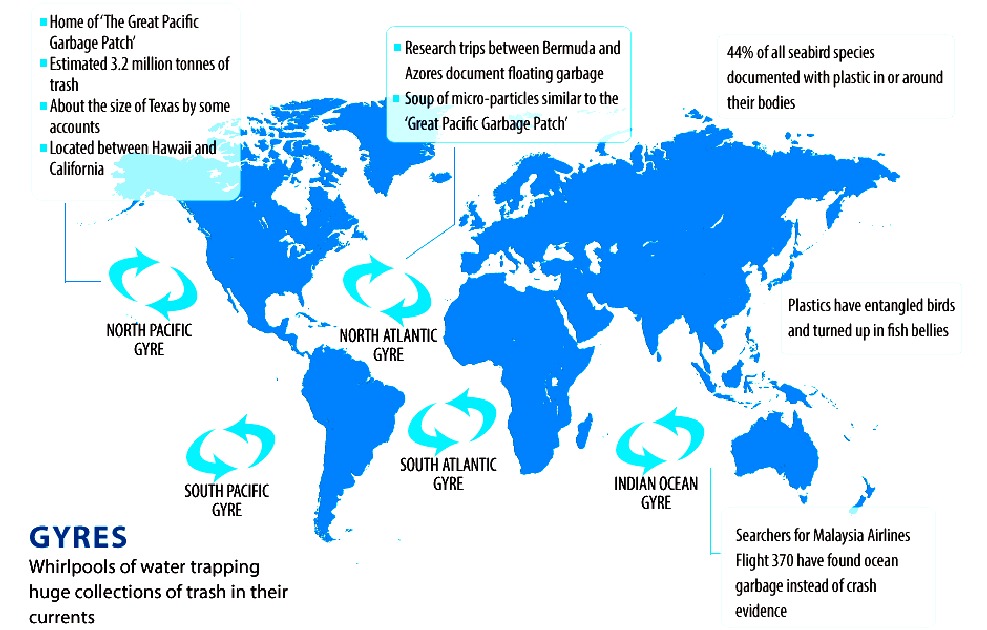|
XI JINPING - 1st PLASTIC FREE PRESIDENT
Please use our A-Z INDEX to navigate this site, where page links may lead to other sites
HIGH HOPES FOR CHINA - There are many reasons for reducing reliance on plastics. In the end we hope that a sustainable economics argument may hold sway over short term convenience. We're voting for Emmanuel Xi Jinping# We'd urge you, the voters to share your thoughts with the President @ 22 March 2021.
The plastic pollution problem persists unabated with no real solution in sight generally, from short-sighted policies and policy makers lacking in vision - who simply won't apply the brakes. The lack of success in cleaning up the world's rivers and oceans to date speaks for itself.
We need more and immediate action in terms of applying the policy brakes. To this end The Cleaner Ocean Foundation has put together a (draft) 7 Point Plastic Plan, that they hope will be taken seriously by the UN's members in all things sustainable, especially the World Health Organization and Food and Agriculture Organization. As per SDG14: Life Below Water. The Plan also impinges on SDG13, where much plastic is burned to dispose of, causing huge CO2 plumes in developing countries.
Potentially the first Plastic-Free President, Xi Jinping could help make a big difference in supporting proposals like this at UN level, and, for example, cleaning up some of the most dirty rivers.
The Yangtze is China's signature river. Like the Thames in the UK, it reveals the state of play in England, alongside other potholed policies.
This is our (draft) 7 Point Ocean Plastic Plan:
1. Supermarket packaging transformation (back) to paper predominantly
DIRTY BIRTIE - China should be concerned about the state of what should be their signature river. It is literally strew with plastic waste along its banks, a disgusting liquid garbage dump and blight on their proud heritage. And all because nobody planned ahead. Mankind should not inflict such agonies on nature. Convenience products must be paid for in full.
According to the Helmholtz Centre for Environmental Research in Leipzig, the Yangtze was the worst
plastic offender, reference research published in the journal Environmental Science & Technology. This Chinese river carries up to 1.5 million tonnes of plastic into the sea every.
That would make them one of the biggest contributors to the
proposed plastic offset system. Hence, unlikely to vote with
other UN members for a big cleanup unless their citizens voice
their concerns. On the other hand, China may have a river
development secret up their sleeves, or may discover cheap to
make compostable plastic to turn the economic tables. Hope
springs eternal.
OCEAN HEALTH - We have high hopes that the most powerful world leaders will be pushing to secure fish health as part of their food security plans. This of course means ridding us of the plastic menace with a Plan that is technically workable, enforceable and economically sound. Ladies and gentlemen, we give you the 7Seven Point Plastic Plan.
WHAT
A WASTE
- Governments
are unwilling to commit resources to recover the millions of
tons of toxic plastic that is already in our oceans, even
where it threatens long term food security and biodiversity.
LINKS & REFERENCE
https://www.sciencedirect.com/science/article/abs/pii/0043135487901904 https://www.sciencedirect.com/science/article/abs/pii/0043135487901904
BUILD UP - Plastic has accumulated in five ocean hot spots called gyres, see here in this world map derived from information published by 5 Gyres. unfortunately, with projects like SeaVax being refused funding, there is little hope that our ocean might be flushed clean. What we might hope for is that the United Nations opts for measures to (effectively) ban plastics for single use packaging.
This website is provided on a free basis as a public information service. copyright © Cleaner Oceans Foundation Ltd (COFL) (Company No: 4674774) 2021. Solar Studios, BN271RF, United Kingdom. COFL is a not for profit company without share capital.
|
